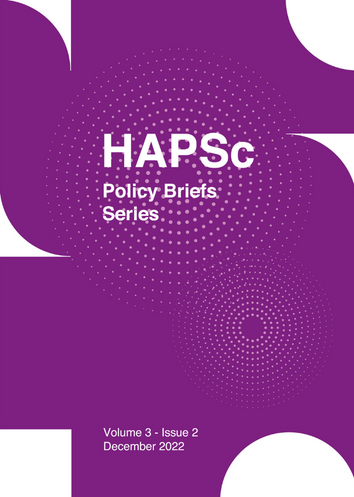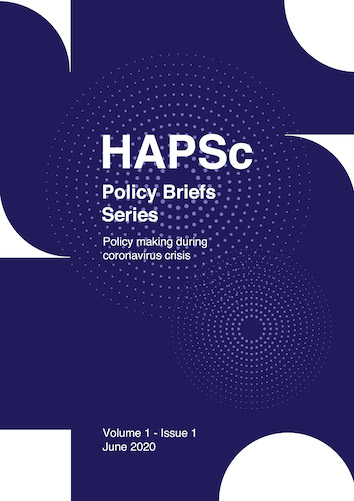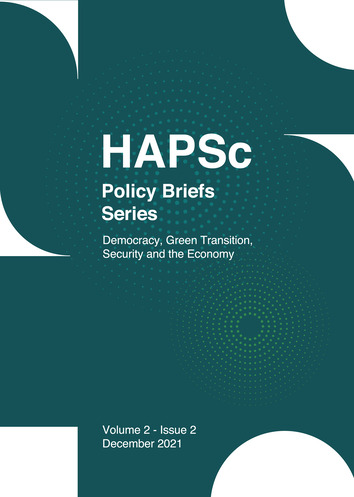The Influence and Implications of the Ukrainian Crisis on European Regional Security
Аннотация
In this analysis, the theoretical framework is examined based on primary and secondary sources of research concerning the foundation of Russian-Ukrainian relations. Subsequently, the existing security environment is extensively analysed, at the international and regional level, while a critical overview of the political-military framework of security at the European level is also examined. Furthermore, an overview of the relations between Russia and Ukraine is attempted in two dimensions, regarding to the geopolitical role of Greece and its role in the European interaction, and the analysis of influence and the effects of the Ukrainian crisis in the field of Energy Policy of the European Union (EU) within its effect on the European defence policy. In this context, the key role of Greece and Cyprus and both mediation for energy sufficiency and Europe’s autonomy is thoroughly examined, as a consequence of the geopolitical and geographical factor that may affect the existing dependencies on Russian natural gas based on of the East Med area, hence the potential influence of forming a new field of interdependence at the energy level.
Article Details
- Как цитировать
-
Papadakis, K., & Spyrakou, V. (2022). The Influence and Implications of the Ukrainian Crisis on European Regional Security. HAPSc Policy Briefs Series, 3(2), 166–174. https://doi.org/10.12681/hapscpbs.33798
- Раздел
- Articles

Это произведение доступно по лицензии Creative Commons «Attribution» («Атрибуция») 4.0 Всемирная.
Authors retain copyright and grant the journal right of first publication with the work simultaneously licensed under a Creative Commons Attribution License that allows others to share the work with an acknowledgement of the work's authorship and initial publication in this journal.




